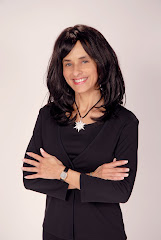
Young women walk past a billboard reading
"Christ Yes, Divorce No" in Sliema, outside Valletta, May 6.
Malta votes on whether to legalize divorce
'The divorce referendum is a vote for modernity and an opportunity for those whose marriage has broken down to be able to start afresh' By Christopher Scicluna
The people of Malta started voting Saturday, May 28, in a referendum on whether or not to introduce divorce.
The Mediterranean island of 400,000 people is the only country in Europe that does not allow the practice.
Only divorce granted abroad is recognized in Malta.
Opinion polls suggest the result could go either way, with 40 percent of the electorate still undecided.
The vote is seen as a test of the influence of the Roman Catholic Church in a country where 72 percent of people still say they go to Mass on Sundays.
I am surprised to learn that a European country is so Catholic that it bans divorce.











.jpg)
.jpg)



